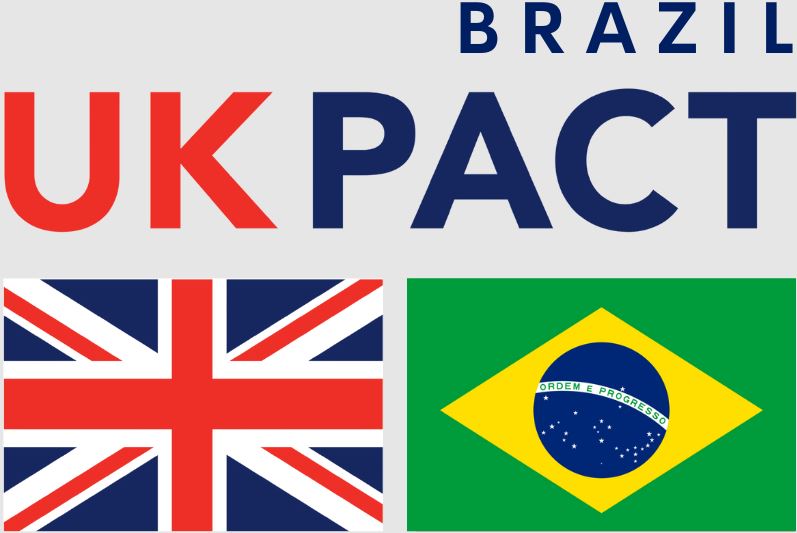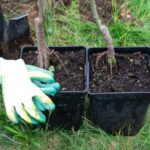
Deadline: 06-Jan-2025
The UK Government is looking to extend its support to the forest sector in Brazil, through a technical assistance and capacity-building project aimed at providing scientific information, and proposing and testing public-private governance formed by the main private and financial sector actors, to improve the National Native Vegetation Recovery Plan (PLANAVEG) arrangements and its financial and political planning.
This Call for Proposals aims to promote restoration of degraded lands, by enabling the implementation of existing public policy and leveraging capital flows towards restoration initiatives.
What is Brazil-UK PACT?
- UK PACT is funded by the UK Government through its International Climate Finance (ICF) portfolio and works in partnership with Official Development Assistance (ODA) eligible countries with high emissions reduction potential, to support low-carbon development and clean growth transitions. UK PACT Country Funds respond directly to demand identified by partner governments and provide grants for capacity-building projects in priority areas, which are delivered by implementing partners.
- The Brazil-UK PACT Country Fund is looking to extend and strengthen existing bilateral climate initiatives, while also exploring new areas where Brazil and the UK can collaborate on reducing emissions and promoting low-carbon development.
- In this Call for Proposals, Brazil-UK PACT is responding to a demand identified during engagement with the Brazilian Government, and the content has been developed in consultation with the Brazilian National Secretariat of Biodiversity, Forests and Animal Rights (SBio) from the Ministry of Environment and Climate Change (MMA).
Pillars
- Pillar 1: Development of Investment Plans for each Implementation Arrangement
- Pillar 2: Development of a financing strategy and financial governance
- Pillar 3: Design a monitoring financing strategy
Funding Information
- Up to £750.000 per year, up to £1,500,000 over 24 months.
Duration
- Up to 24 months. The project is expected to start in April 2025 and can end no later than March 2027.
Expected Results and Impact
- Expected results and impact for Pillar 1: Validated strategic planning of budgetary resources; Financial intelligence and strategy to secure public policy implementation; Governance practices and strategies model that reflect broader societal needs, encouraging gender and social inclusivity in governance structures.
- Expected results and impact for Pillar 2: Financing and fundraising strategies for the recovery of native vegetation designed, in a coordinated manner with the definition of priority territories, both based on multi-criteria analysis (under development by DFLO/SBio – not the subject of this work), complemented by financial opportunity analyses as provided for in pillars 1 and 2; Mobilise public and private resources for the recovery agenda, to be carried out under the leadership of DFLO/SBio among other key public and private actors. The project should present a fundraising strategy and support its execution; Greater transparency in funding criteria and governance enabling a broader diverse of groups/organisations to better navigate and access funds, creating more equitable financing for restoration efforts.
- Expected results and impact for Pillar 3: Design of a financing monitoring strategy for the recovery of native vegetation at a federal scale; Design of monitoring strategy and system that provides a detailed view of how investments impact different social groups, fostering a more equitable and inclusive approach to resource distribution.
Eligibility Criteria
- Both for-profit and non-profit organisations can apply as a sole applicant or as part of a consortium. Government agencies and/or departments are not eligible to apply either as a lead organisation or partner in a consortium.
- All consortia must have a local organisation as the consortium lead or sole applicant. A ‘local organisation’ is understood to be an organisation that operates in Brazil under the National Register of Legal Entities.
- Applications must be coherent and legible.
- Applications must be submitted in English
For more information, visit UK PACT.




